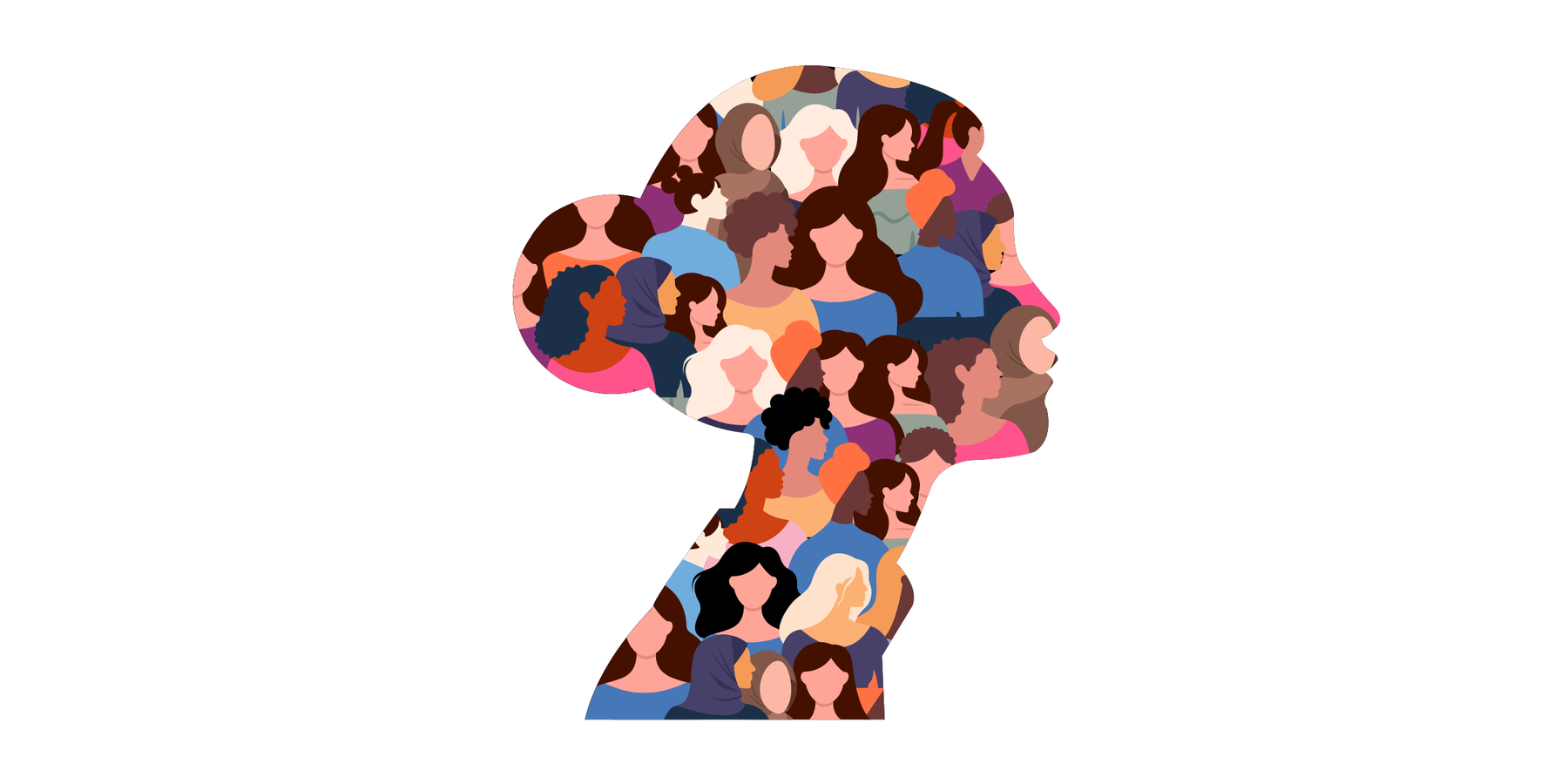From the snowy Olympics to our heated offices, we all need a good coach in our lives who can provide us with guidance, feedback, and that little extra push. That's how GitLab's UX Manager, Sarrah Vesselov, a ten-year veteran in the tech industry, sees herself. "As a coach, I'm facilitating two-way conversations between members of the UX Department, the organization, and the community," explains Vesselov. "These discussions are meant to influence and develop my department's skills, attitudes, judgments, and contributions."
In addition to her daily job of identifying UX improvements, gathering data to identify issues, and ultimately finding solutions to any possible shortcomings in GitLab's design, Vesselov has enthusiastically championed and coached teammates on reaching diversity and inclusion goals through her role interviewing applicants for GitLab's UX team. "In our handbook we state that each candidate should be interviewed by at least one female GitLab team member. I think this is just one important step to ensuring that we are inclusive as a company." While GitLab has partnered with forums dedicated to women in tech like PowerToFly, for Vesselov, it is vital to take action into her own hands. "On a personal level, I make it a point to share these opportunities across social media, Slack, and meetup groups dedicated to fostering more diversity in tech. I think it's important for women to hear about GitLab's culture from a woman who works here."
As a founding member and director of the Tampa Network of Women Code as well as a chapter leader for the Tampa district of Girl Develop It, Vesselov's work with women in STEM has stretched far beyond her day job with GitLab. "I have learned that women have much to offer to the tech community. I am continually impressed with the knowledge, passion, and resilience demonstrated by the women I encounter in these organizations," states Vesselov. "I have tried to ensure that we don't forget about these incredible women here at GitLab. That has meant making underrepresented groups a focus internally and externally. Internally, my department is conducting user research to understand how to make GitLab accessible to all, not just the status quo." GitLab is certainly doing their own part to hire underrepresented groups by offering their current employees a pretty sweet incentive. "GitLab offers a $2000 referral bonus for hires from teams with underrepresented groups," says Vesselov.
Still, despite her vigorous efforts, Vesselov acknowledges that reducing the stigma that engineering roles are better suited for men is an ongoing challenge which has lately faced a new roadblock: apathy. "I think there is a bit of compassion fatigue in the industry right now," admits Vesselov. "Women's groups have been very successful in spotlighting the need for diversity in tech and engineering. So successful, that I think some are tired of hearing about it, while others believe the problem has been 'automatically' solved. Denial and apathy threaten to undo some of the real advances we've made. I think it is imperative for companies to step up and do more to remove the stigma, normalize women in these roles, and make workplaces a safe place for women to contribute by addressing bias in the workplace, not just in the interviewing phase."
Luckily, the future of women in tech have both Vesselov and GitLab not only coaching them from the sidelines but participating on the field. "There are a lot of companies out there giving lip service about diversity when candidates apply, but they do little to foster inclusion once those women are there. That isn't GitLab."
To learn more about GitLab and their open roles, please visit their page on PowerToFly and click follow.




